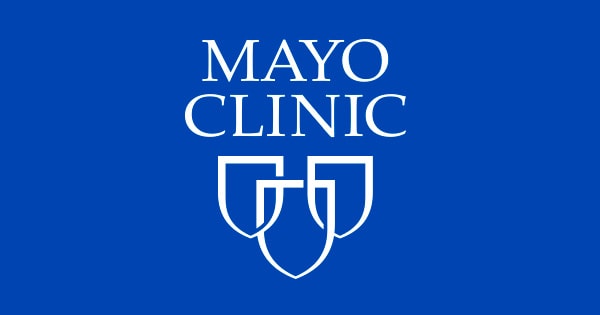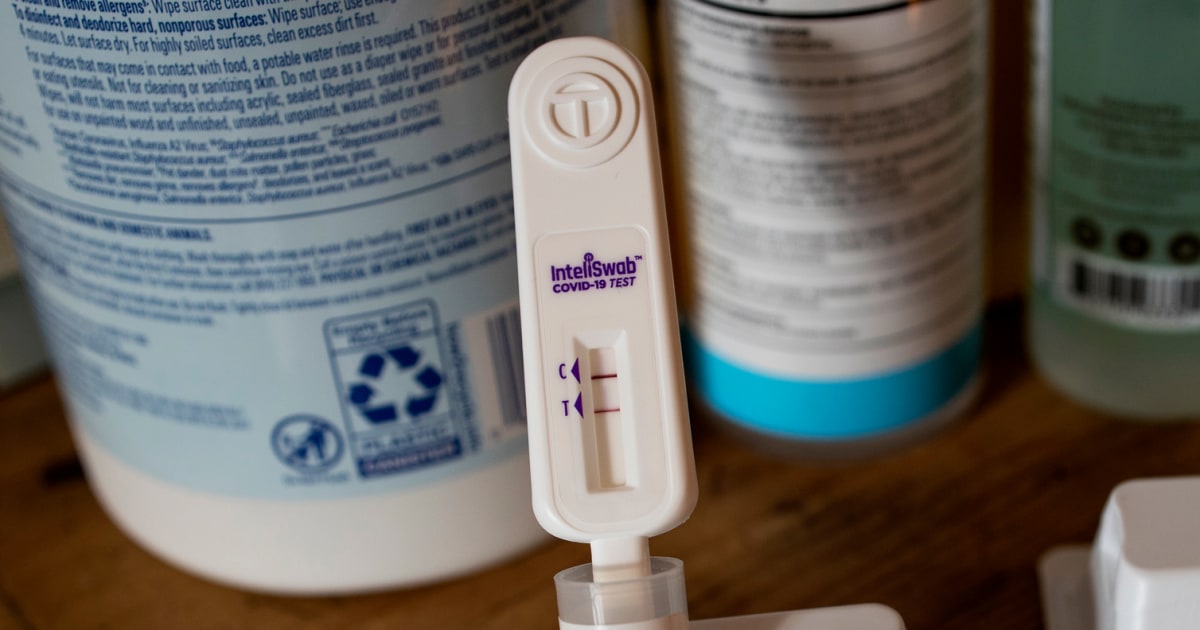probinson
Legend
- Aug 16, 2005
- 24,607
- 4,612
- 48
- Country
- United States
- Gender
- Male
- Faith
- Word of Faith
- Marital Status
- Married
- Politics
- US-Others
The doctor wasn't breaking it all down into various groups, he was talking in general, and in general what he said was true.
But how mycarditis affects people "in general" is not helpful to understand. What benefit is there in averaging rates of myocarditis from 85-year old grandmas with myocarditis rates from 20-year old college athletes?
I'm unconvinced that young males get worse myocarditis from the vaccine than the disease itself. I have not seen any reports to suggest this.
I'd go find the studies and post the links to them, but I am fully convinced you wouldn't read them anyway.
Not according to the CDC table.
I've already addressed the CDC table and why it overstates the efficacy. You haven't addressed any of those points. Start with healthy vaccinee bias to understand why vaccine efficacy is overstated in most of those studies.
I don't know all of what went on in places in USA. In NZ if you had symptoms of Covid, you weren't to just walk into the clinic and potentially get everyone there sick. You were to call in advance and wait outside and a nurse would come to you.
There was a brief period of time where doctors considered not treating patients at all if they refused the COVID vaccine. This carries immense ethical concerns and thankfully was a short-lived phenomenon as it became clear that the vaccine didn't prevent you from getting COVID anyway.
I've never heard of people going to jail or being held down and forced by police etc to receive a vaccine.
This is a disingenuous argument. People were told "get vaccinated or lose your job". That's not a "choice" and anyone who contends it was is not being intellectually honest.
Doctors are people too. Some doctors have personal views which differ from the generally accepted practice.
If you have 1,000 Doctors saying X and 1 doctor saying not X, it would be good to know that one doctor is an outlier.
That's true. But when the government colludes with social media to censor any "contrarian" viewpoints and punishes doctors who hold different viewpoints, it's easy to manufacture the appearance of consensus. That is what happened with COVID.
I don't like junk added to my evidence based medicine advice.
Nor do I. That's why I remain skeptical of any doctor that still advocates for masking. It is apparent to me that such doctors do not deal in evidence-based measures and, as you so succinctly put it, prefer "junk" instead.
I'm sure there are many USA right wing doctors that listen to the right wing opinion shows that call masks face diapers and fight against social distancing and vaccines. Doctors aren't immune to that stuff.
Why do you always qualify these statements with "right-wing"? You're trying to tell me medicine shouldn't be political, but you undermine your point every time you insert politics into this discussion.
And I say kudos to any doctor that stands against foolhardy measures like masking and social distancing which have no scientific basis.
I would certainly complain to the clinic if a Doctor there was advising me not get an approved vaccine.
Why? Remember that both of my parents had already had COVID and recovered, just a few months prior. It was known, even then, that protection conferred by natural immunity was as good, if not better, than immunity from vaccination. So why on earth would you complain about a doctor acknowledging the medical truth that my parents had already had COVID and acquired immunity from the infection and therefore did not need the vaccine?
Doctors are susceptible to misinformation and politics, just like everyone else.
Yes. Pause to really think about that for a minute.
I would expect doctors to follow the approved guidelines of their practice rather than inject their own politics, beliefs etc into their work.
But what that doctor recommended to my parents was not political in nature. It was an evidence-based recommendation that because they had acquired natural immunity from prior infection that a vaccine would confer no additional benefit. That is absolutely true.
Consider that I've never had a chickenpox vaccine. Do you know why? Because when I was six, I had chickenpox, and therefore I do not require a chickenpox vaccine. It would provide no additional protection to me since I've already acquired immunity from that childhood infection.
I'm not sure when the world went completely wonky into vaxx-zealotry, but I'm pretty sure it was right around the same time governments and public health authorities started mandating a vaccine of questionable efficacy to people who did not need it.
Drs should be very careful about doing that. Sure if a doctor is out with his or her friends he can grumble and say he doesn't believe in using the Covid vaccine. But when on the job he should just be giving the vaccine to people who want it.
Listen to yourself. We're not talking about what doctors "believe in". You've made science into nothing more than a religion. Dr. Mike spoke of this in the video. Science is a process by which we prove and disprove hypotheses. It's not about whether you "believe in" COVID vaccines. It's about whether or not the evidence shows that vaccination after an infection confers any additional benefit (spoiler alert: it doesn't). So if the vaccine provides those people no benefit, you are simply introducing them to unnecessary risks.
Nah, in the science world people are encourage to debunk claims. Some get famous for doing that.
Can you point me to one study conducted by the CDC where they debunked their own recommendations?
A doctor isn't a scientist.
That's true.
It is inappropriate for them to be doing the opposite of what is recommended for the practice.
If all a doctor is going to do is tell people what the practice or the health authorities say, then why do you even need to go see that doctor? Do you not think that treating patients as individuals is important? Do you not think that there are different risk/benefit ratios for different groups of people? Do you not think that what may be the best treatment for one may be different for another?
But a researcher, or a medical scientist, they should be studying and testing claims, even trying to debunk claims,
Agreed. That's why when I see studies with "unexpected findings" (such as the Cleveland Clinic study that showed a perfect correlation between increased vaccine doses and increased infections) I pay particular attention to those. Why? Because when a study finds something different than the original hypothesis, it's a sign that their intent in the research wasn't simply to arrive at a predefined conclusion, but to objectively analyze their findings and report them honestly, even if it was contrary to what they expected to find.
Upvote
0




